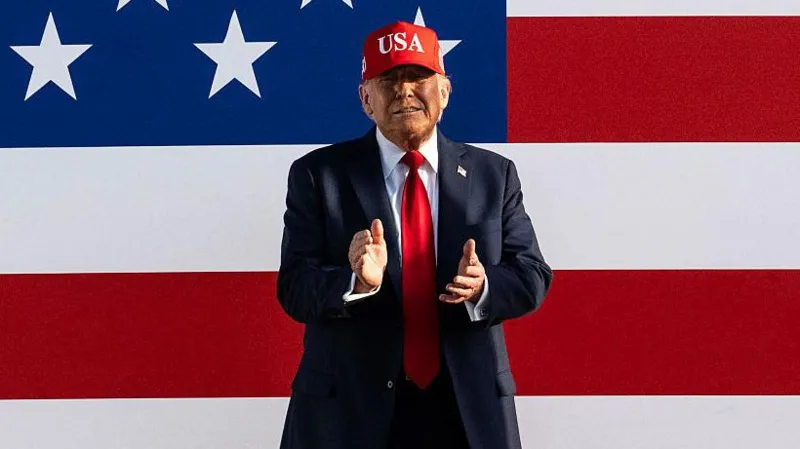The United States is once again on the brink of a government shutdown, with Tuesday night looming as the deadline. A high-stakes meeting between President Donald Trump and Democratic leaders in Congress ended without progress, exposing deep divisions that neither side seems ready to bridge.
Republicans, led by Senate Majority Leader John Thune, are pushing for a short-term extension of current spending levels. They argue this would allow more time for negotiations while avoiding the fallout of a shutdown. Democrats, however, are demanding firm commitments, particularly on renewing government health-insurance subsidies for low-income Americans, which expire at the end of the year.
After the meeting, Democratic Senate leader Chuck Schumer admitted that “very large differences” remain. Republicans countered by accusing Democrats of “hostage taking,” insisting that it is Democrats making unreasonable demands in exchange for keeping the government open.
Healthcare subsidies have become the central sticking point. Democrats see healthcare as a winning political issue and accuse Trump of undermining spending agreements by ignoring congressional budgets. Republicans, on the other hand, believe the public will blame Democrats if a shutdown occurs, framing themselves as the party simply trying to “buy more time.”
Adding fuel to the fire, White House budget chief Russ Vought has suggested that a shutdown could be used to make permanent cuts in federal spending and reduce the government workforce. While Democrats dismissed this as intimidation, Republicans appear increasingly comfortable with the idea of an extended closure.
The standoff carries echoes of the 35-day shutdown during Trump’s first term the longest in US history which only ended after unpaid federal workers threatened critical disruptions to air travel.
With both parties under pressure from their bases, the impasse is as much about political resolve as it is about policy. As the deadline nears, Americans are left facing uncertainty about which services will remain open, and which side will ultimately bear the political cost.

